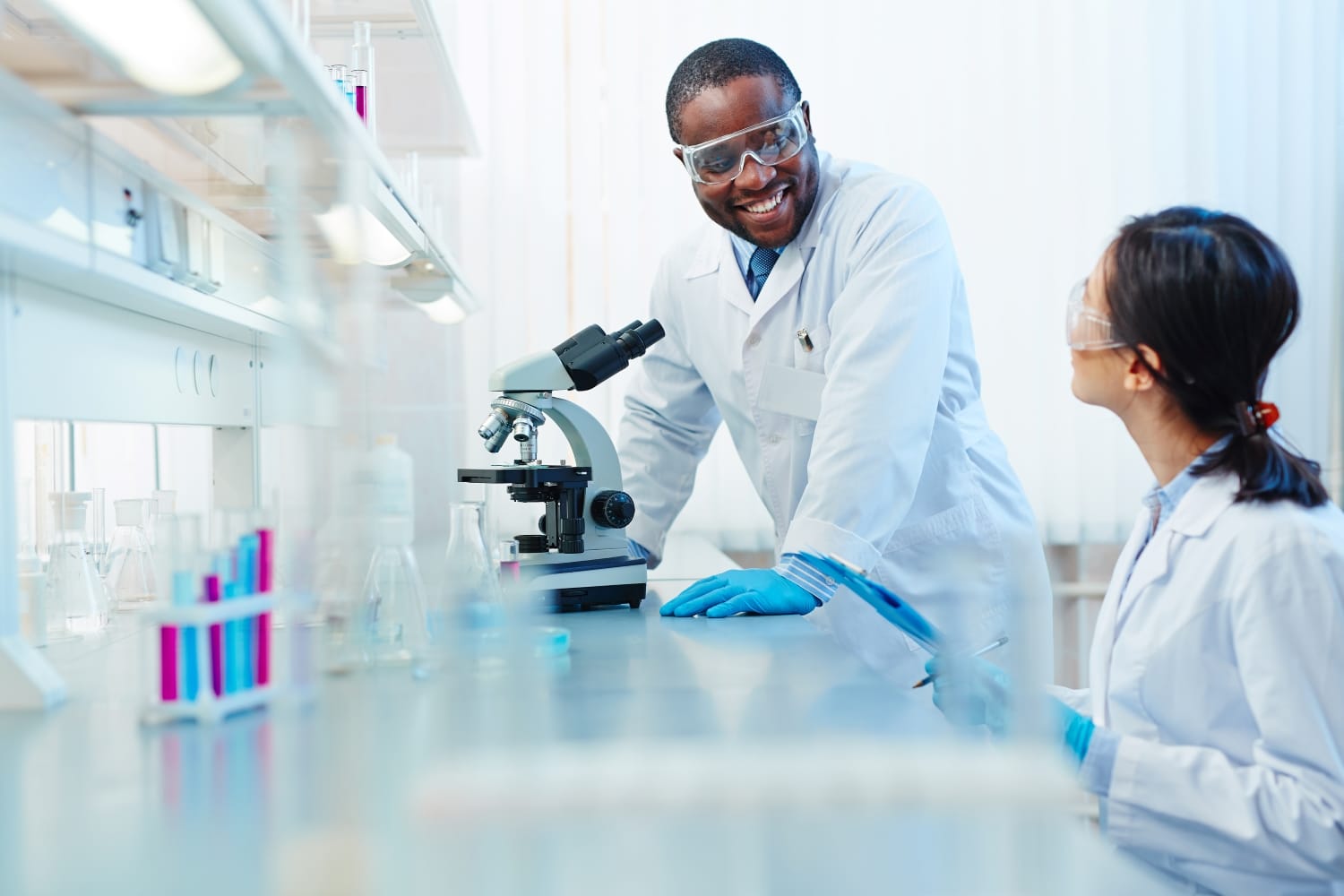Frequently Asked about Biochemists
What are the primary responsibilities of a Biochemist?
A Biochemist’s primary responsibilities include conducting research to understand the chemical processes within living organisms. This may involve studying enzymes, DNA, proteins, and cellular processes, developing new medicines, improving industrial processes, or solving biological mysteries. Biochemists also analyze results, write reports, and present findings to other scientists or stakeholders.
What qualifications should a Biochemist have?
A Biochemist typically holds at least a bachelor’s degree in biochemistry, biology, chemistry, or a related field, although many positions require a master’s or Ph.D. Advanced positions in research and academia may demand extensive lab experience, technical proficiency in biochemical techniques, and a track record of published research. Continuous education is also important, as the field evolves rapidly.
What industries hire Biochemists, and what are their roles in those industries?
Biochemists work in various industries, including pharmaceuticals, healthcare, agriculture, food production, environmental conservation, and academia. In pharmaceuticals, they may develop new drugs and vaccines. In agriculture, they might work on improving crop yields or developing pest-resistant plants. In healthcare, they can work on diagnostic tests or genetic research. Their roles vary from research and development to quality control and regulatory compliance.
What key skills are essential for success as a Biochemist?
Key skills for a Biochemist include analytical thinking, attention to detail, problem-solving, and proficiency with laboratory equipment and software. Communication skills are also crucial, as Biochemists must present complex data and collaborate with interdisciplinary teams. Time management and the ability to work under deadlines are important, especially when managing multiple research projects.







